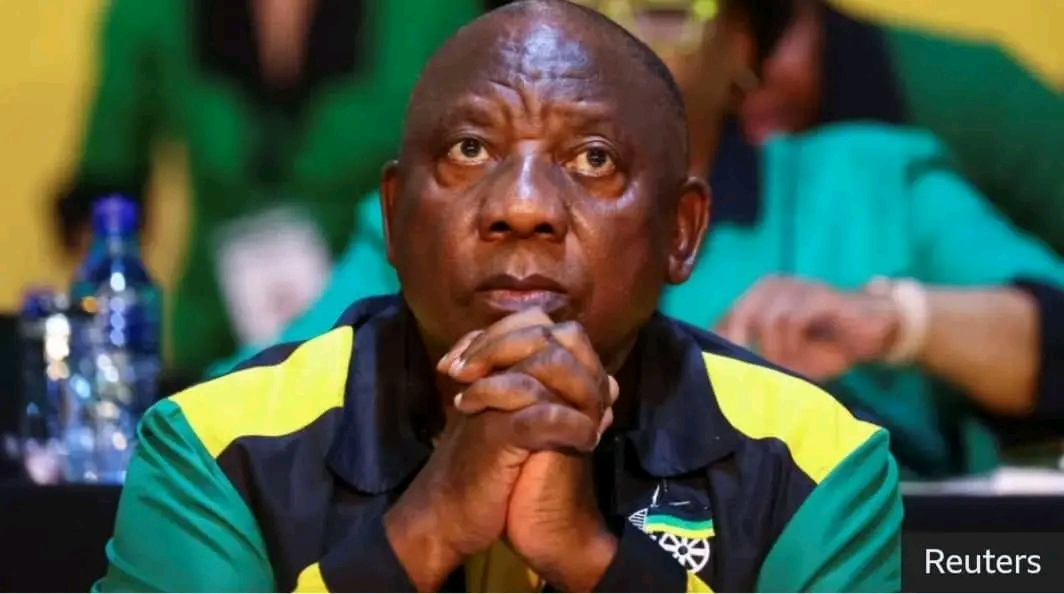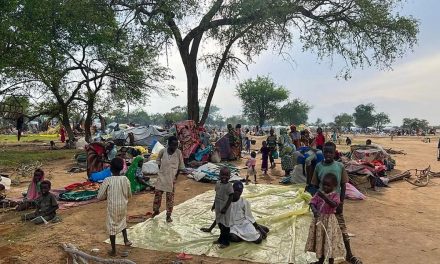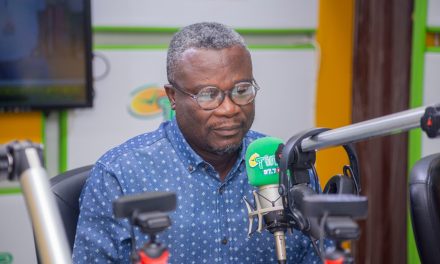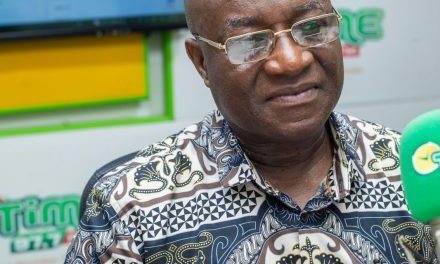
ANC’s 30-Year Rule Ends as South Africa’s Voters Demand Change1 min read

Anger over joblessness, inequality, and power shortages has led South Africans to cut support for the African National Congress (ANC) to 40% in this week’s election, ending the party’s three decades of dominance since apartheid.
This significant drop from the 57.5% the ANC received in 2019 forces the party to consider a coalition to maintain power.
ANC chair Gwede Mantashe stated they are open to negotiations with any party but did not specify potential partners.
With 99.53% of votes counted, the Democratic Alliance (DA) secured 21.80%, uMkhonto we Sizwe (MK) led by former president Jacob Zuma earned 14.60%, and the Economic Freedom Fighters (EFF) led by Julius Malema received 9.48%.
Malema, celebrating the ANC’s reduced share, expressed willingness to negotiate a coalition, though additional parties are needed for a majority. The ANC’s declining support is attributed to economic stagnation, rising unemployment, and infrastructure decay.
Analysts suggest a “government of national unity” as one possible solution, though the EFF opposes this and prefers a traditional coalition.


















